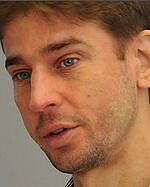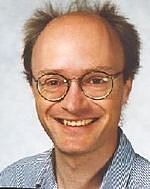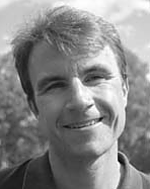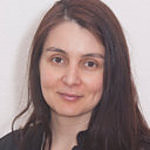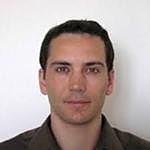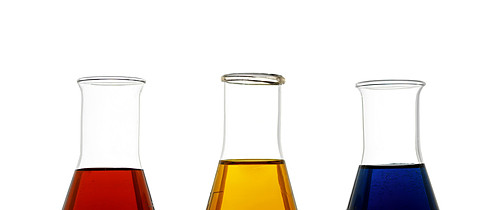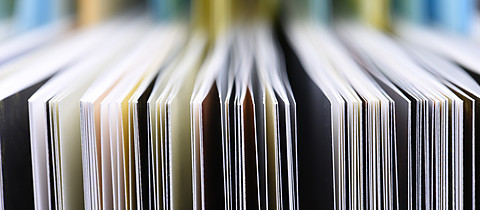Geophysics makes it possible to non-invasively study physical properties at scales from the whole Earth to those of the shallowest soil layers. Geophysical techniques are widely used throughout the world to, among other things, better understand the Earth’s structure and composition, to locate and characterize hydrocarbon reservoirs and mineral deposits, and to evaluate groundwater resources and polluted sites.
The research at the Applied and Environmental Geophysics pole of the University of Lausanne includes most geophysical methods that are suitable to characterize the physical properties of the Earth from the meter- to the kilometer-scale. Our work is focused on how to improve the modeling of physical fields originating from geophysical experiments, how data are used to draw inferences about the three-dimensional and temporal variations in physical properties, and how to link geophysical model parameters to properties of primary importance for a range of pertinent applications. Our state-of-the-art instrument pool makes it possible to perform tailor-made multi-method investigations that can help to effectively address a wide range of geological, environmental, and hydrological problems
The major axes of the research are:
- the improved modeling and inversion of geophysical measurements
- the use of these techniques to infer spatial and temporal variations in physical properties and the links between these properties and target variables of interest.
The state-of-the-art instrument pool, laboratory facilities, and computational resources allow for multi-method investigation of a wide range of geological, environmental, and hydrological problems.

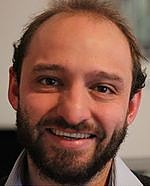
 ow
ow